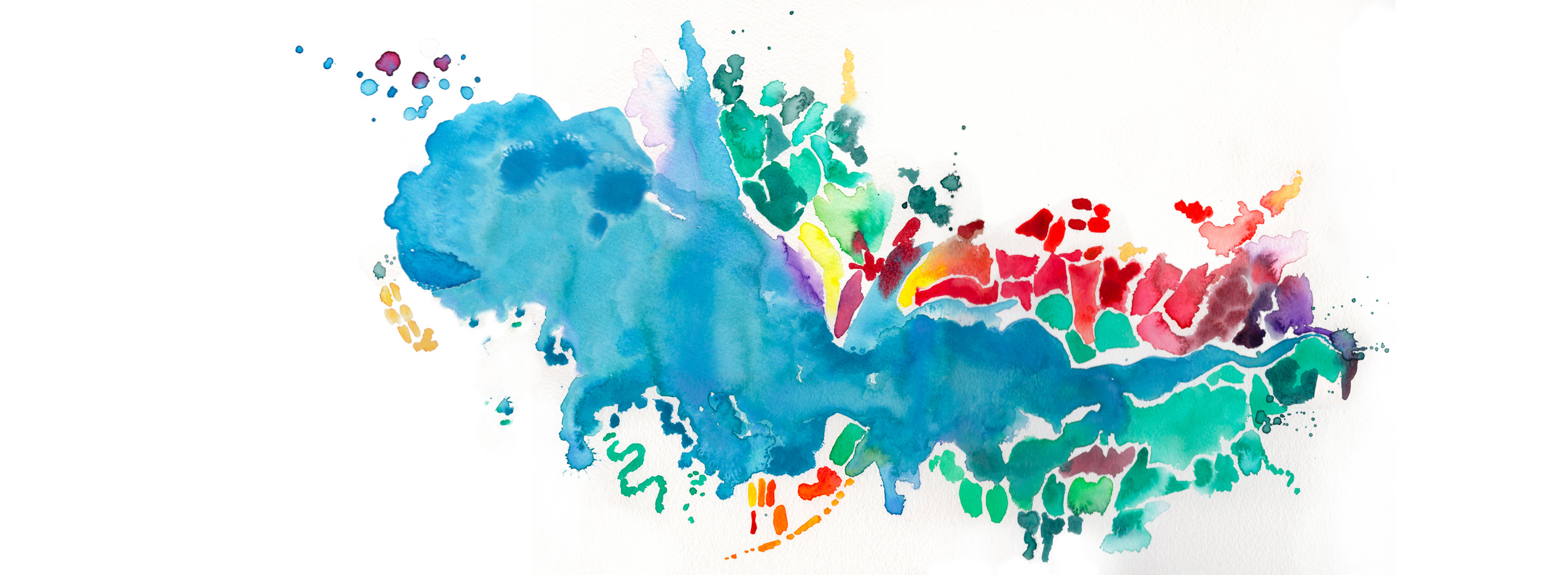The Bio Policy & Leadership in Society Initiative (Bio.Polis) sought to co-develop technologies, policies, and leaders to guide the future of biological innovation in the public interest.
Learn more about our efforts here: Download the Bio.Polis Primer
Our Goals
- Foster strategic thinking on how biological innovations could shape societies
- Equip leaders to co-design technologies and policies to serve public interests
- Enable diverse citizens to meaningfully engage with biological innovation
Our Home
Bio.Polis was a of strategic initiatives of Stanford University's Department of Bioengineering, part of the School of Engineering and the School of Medicine, in partnership with the Center for International Security and Cooperation (CISAC), part of the Freeman Spogli Institute for International Studies (FSI). We also received support from the Stanford Ethics, Society, & Technology (EST) Hub, part of the Stanford Presidential Initiative on Ethics & Technology.
We also worked with several number of groups across the university, the local silicon valley innovation ecosystem, the country, and the globe.

Department of Bioengineering
Measure, Model, Make. A rapidly growing and ever-evolving field of study, bioengineering combines engineering and the life sciences in ways that advance scientific discovery, healthcare and medicine, manufacturing, agriculture, education and policy.
Our Focal Areas
Bio.Polis was an experimental and evolving initiative with focal areas shaped by our community. Some of the questions that drove our work included:
- Bio.Futures: What are possible and preferred futures enabled by biological innovations?
- Bio.Strategy: How can we develop technologies, policies and practices to orient towards more peaceful, prosperous, sustainable and just biological futures?
- Bio.Citizenship: What forms of public participation might shape our shared biological futures and our conceptions of our lives, rights and responsibilities?
- Bio.Security: How might developments in biological science and technology shift the security landscape?
- Bio.Economy: How might we derive the most value from biological innovations?
People
Learn more about the people that made up our community.


